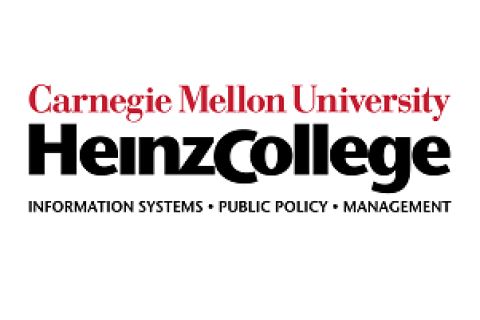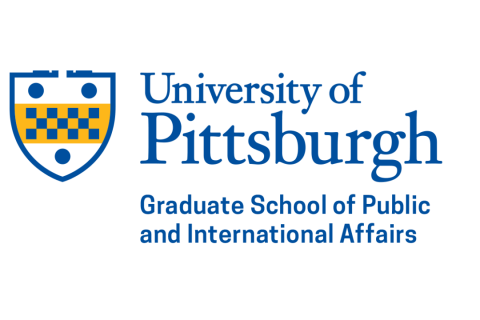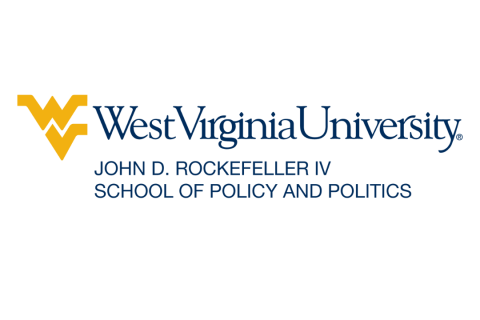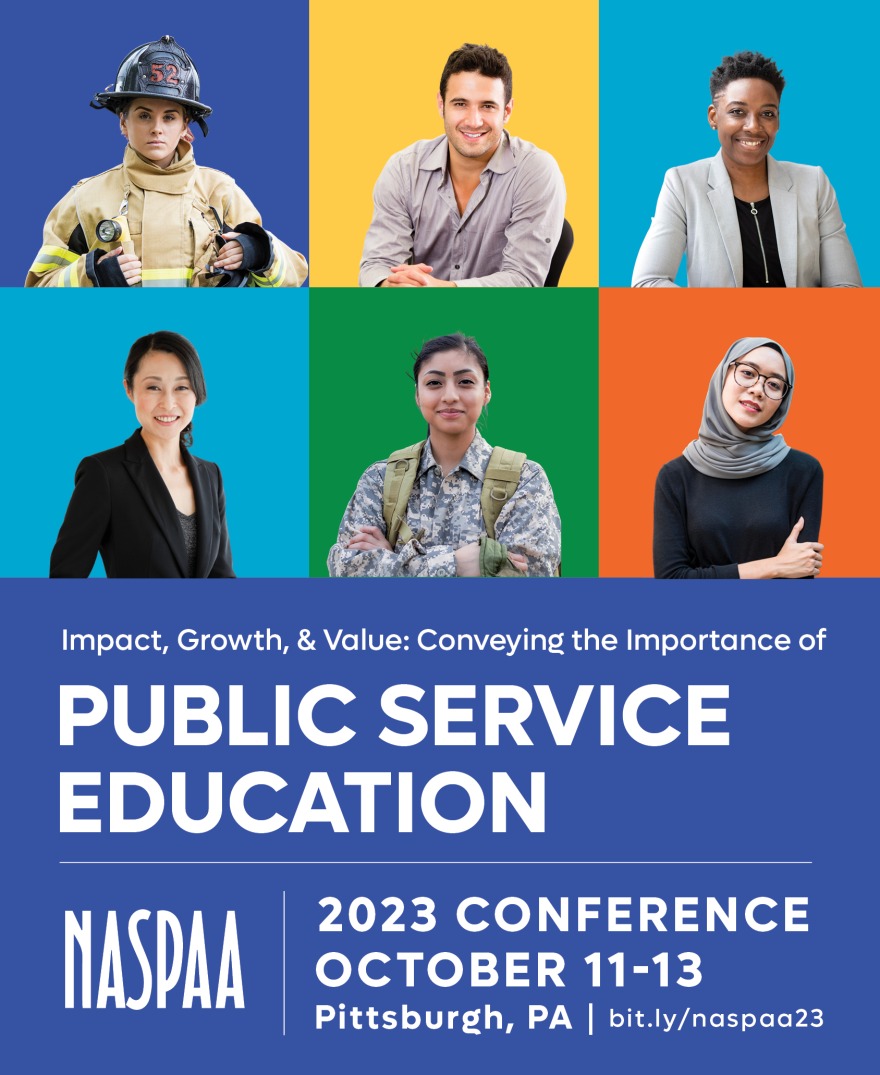NASPAA Annual Conference
Impact, Growth, and Value: Conveying the Importance of Public Service Education
Register Now!
2023 NASPAA Annual Conference October 11-13, in Pittsburgh, PA. Hotel blocks close on September 13th.
Conference Tracks
The field of public service education has never been stronger. The number of graduate and undergraduate students pursuing and receiving degrees in public policy, affairs, and administration has steadily increased from around 3500 degrees awarded in the United States in 1990 to nearly 10,000 in 2020. Simultaneously, public policy, affairs, and administration programs have become more institutionalized in universities around the globe: the number of stand-alone colleges, schools, and departments has increased, and many programs have become more organizationally complex, employing a range of staff to perform recruitment and student services, outreach and engagement, philanthropy, and events and communication functions. Finally, as reflected in last year’s conference theme – A Bold and Noble Public Service for All – there is a greater consensus and clarity about the values of public service education, notably a commitment to diversity, equity, inclusion, justice, and fairness.
Citizens don’t trust their government, and some politicians are listening.
At the same time, public service education has grown, and public support and confidence in public institutions and democracy are at an all-time low. This is true in the United States and many countries worldwide. In the early 1960s, according to the Pew Research Center, about three-quarters of Americans trusted the government and public institutions. In the most recent poll, it is now only a quarter. Alarmingly, according to the OECD, those 18 to 29 years old – the next generation of potential enrollees in our programs – have the lowest levels of trust in government.
Overall, the data chart the long, precipitous decline in support for the public practitioners, organizations, and institutions our field serves. Our experiences over the last five years in the public square — a theme of NASPAA’s annual meeting in 2020 — provide a visceral picture of the public’s outrage with public services, organizations, and institutions. Protests against the police, schools, public health officials, and election administrators are directed at the organizations and practitioners we train and support.
How should the field of public service education respond?
This year’s NASPAA conference will explore how the field of public service education can deliver and convey its value to the public and communities we serve. As a field embedded in the higher education firmament, public affairs is at the center of the proposition that participation in advanced education and training is a pathway to personal growth, community development, and social progress. Our core competency as a field is educating and training current and future generations of public servants, leaders, and citizens. How can we use our more prominent position to reverse the trend of declining faith and trust in public sector institutions and practitioners? While we have grown, we remain a small field – how can we expand our reach by growing the number of students participating in our programs? How can we become more inclusive of the diverse communities we and our students serve? How can we evolve and innovate our curricular offerings to be more responsive to the challenges in the public sector? How can we invest in our large or small programs to make them more effective, nimble, and affordable? Exploring these issues and sharing our experiences will strengthen our community and identify pathways to increase our efficacy, establish our relevance, and prepare our students to reverse the trend of declining faith and trust in public institutions.
Public service education promises that our degree programs will produce the next generation of public servants and leaders, informed by research and lessons from community engagement, to solve today’s problems and prevent tomorrow’s. Across the globe, citizens have lost faith in the public sector institutions and the positions for which we prepare our students. This track examines how we can simultaneously restore trust in the public sector and prepare our students for roles in which they will not always be supported by those they serve.
- How can departments, schools, and colleges of public service reverse declining faith and trust in public sector institutions and practitioners and demonstrate public affairs programs' positive impact on communities and individuals?
- What are the primary areas of instruction and knowledge that we must be incorporated into our degree programs to arm students with the tools they need to collaboratively engage the public and positively impact the world?
- What changes or additions do we need to make to our curricular and co-curricular programs to prepare students for an environment where those they serve often lack faith in their work?
We have grown rapidly as a field but remain small relative to the total number of opportunities in the public sector workforce. Over the years, our primary strategies for growth have been to partner with other disciplines like law through dual graduate degrees, offer undergraduate degrees in addition to graduate professional degrees, and provide instruction online. As many in the public sector workforce approach retirement age and the nature of work changes, this track examines new pathways for growing and expanding public service education.
- What steps can we take to increase the number of students in our traditional residential graduate degrees and newer online degrees?
- How can we attract more undergraduate students to the field of public service? Are there routes beyond creating stand-alone undergraduate degrees?
- What new education and training modalities can we offer to public sector professionals to expand our reach?
The communities that our students serve are increasingly diverse and, in many cases, divided. The NASPAA community has embraced a commitment to equity and justice, equipping our students with the tools to improve political institutions and public service delivery systems to help those who lack access or are disenfranchised. At the same time, we are committed to pursuing the broad public interest in which all community members are included. This track examines how we can embed the values of equity and justice in our programs to unite communities, encourage and embolden our students to engage in civil discourse across differences, and resist the centrifugal forces that perpetuate marginalization and divide us.
- How can our programs ensure that we do not perpetuate marginalization but instead offer solutions for diversity, equity, and belonging? What steps can we share about best practices for our degree programs?
- What approaches have worked best in building community across differences in the public sector? What approaches have not worked well? How can our degree programs best prepare students to knit together the frayed social fabric?
- How can we commit to equity and justice in contexts where these words, and the core values these words represent, have become politicized?
Over the years, public service education has transitioned from a traditional didactic, lecture-based format to include more high-impact teaching and learning practices, such as problem-focused experiential opportunities and human-centered design pedagogy. NASPAA’s annual simulation competition is a primary example of this innovative approach to teaching and learning. As both pre-service and in-service students increasingly engage the world through hybrid and virtual platforms, our ways of teaching need to evolve to meet students where they are. This track will explore innovations and high-impact practices in public service education in our undergraduate and graduate degrees and other curricular offerings.
- What new approaches have been effective in educating and training public service students? As certificates, badges, and micro-credentials proliferate, how can we incorporate these modalities into our field’s offerings?
- What challenges have new technologies (e.g., Chat GPT) created for teaching the modern public service student? What new pathways have they opened for education? Given that these technologies will become part of the public sector workforce, how can we most effectively incorporate them into the classroom?
- How can we integrate more experiential and competency-based learning techniques into our curricular and co-curricular offerings? What strategies can we pursue to provide these opportunities at scale and at a lower cost?
Last year, NASPAA added a track to include the units and functions that support our curricular offerings – student services, information technology, events and community engagement, communication and marketing, advancement, and development. As our programs take on more complex and specialized tasks, these support functions become more important to ensure a high-quality experience for students and the success of our programs. This track will explore how we can invest in the functions that support our programs to make them more effective, nimbler, and affordable.
- What are essential support functions for the modern-day public service education program? What are promising new practices and approaches in support functions? As the pressures on all units have grown, what steps can be taken to address the burnout and related mental health challenges that many faculty and staff experience?
- What strategies and approaches can smaller programs take to secure these support functions when they lack the internal resources to build this capacity? Are there promising approaches for securing these functions from other parts of the typical university? Are there opportunities to partner across universities?
- What areas should NASPAA invest in to support delivering high-quality public service education through comprehensive and smaller programs?
Important Conference Information
-

Hotel (blocks close on September 26th)
All hotel blocks close on September 26, 2023
Omni William Penn Hotel
530 William Penn Place, Pittsburgh, Pennsylvania, 15219
The Omni William Penn Hotel is the official conference hotel for NASPAA 2023. All conference sessions will take place here. Room Rate: $219/night (not including taxes and fees)
Other Hotel option: The Westin Pittsburgh, Room Rate: $229/night (not including taxes and fees)
-

Sponsorship Opportunities
Learn more about promoting your program at #NASPAA2023
-
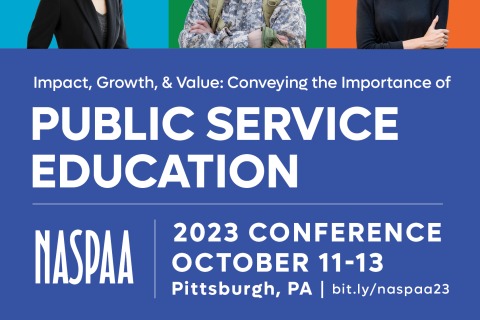
Schedule at a Glance
Download the Schedule at a Glance (subject to change). View conference registration costs, links to hotel accommodations, and more! *Note: Dinning and Dialogue will be hosted at a later date along with the Pi Alpha Alpha Reception.
Thank you to our Local Hosts!
